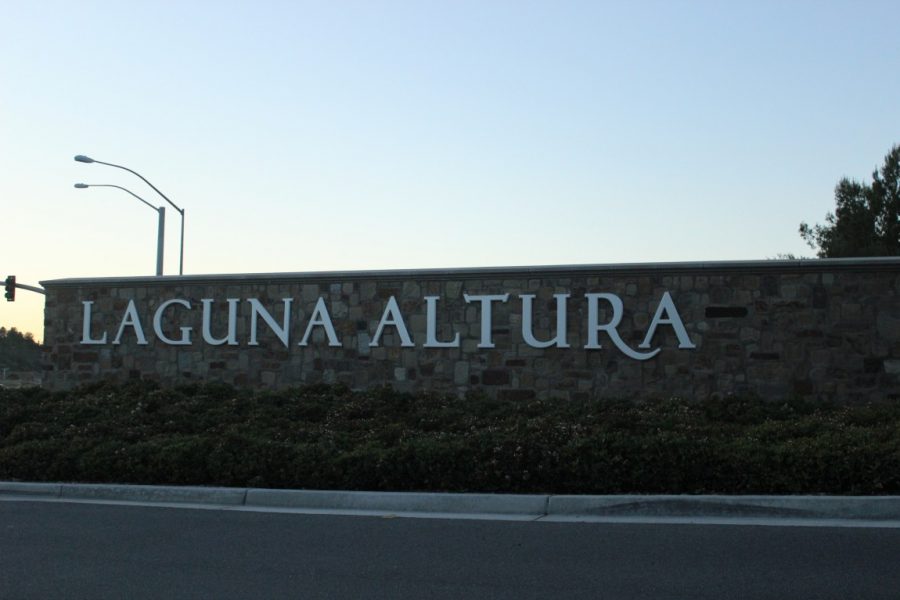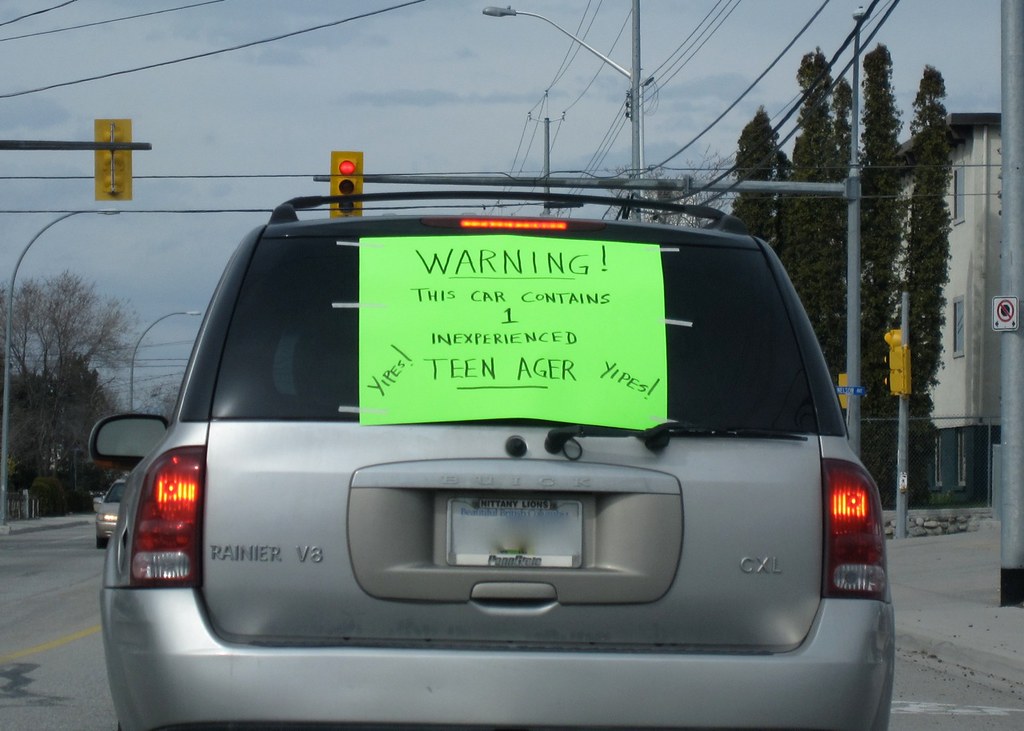
By PHOEBE SOLOMON
Staff Writer
2016 will mark the inaugural year of Irvine’s newest comprehensive high school, Portola High School. The school is a necessity, with years of seemingly relentless migration impacting the city. Issues, such as overcrowding in high schools, traffic congestion and rapid housing development, have come to the forefront of political conversation in Irvine, and each of these persistent problems seem to be rooted in migration into Irvine.
Incumbent Irvine Mayor Steven Choi was re-elected in November 2014, running on an overtly pro-development platform. Under his administration, many housing developments have been added to Irvine, a city where about a quarter of a million people already reside. Not only are efforts to limit the influx of people into the city nonexistent but migration is being actively encouraged.
In an effort to dismiss any trace of hypocrisy, I will disclose that it was only in 2011 that I moved here with my family— and most of my friends moved here at various points in their childhood, as well. To me, Irvine does not seem to be a city that many are born into: it is a city where most people end up.
Irvine’s appeal is evident: the schools are top-tier, the crime rate is remarkably low and the city, overall, is relatively affluent. Some may argue that preventing further migration into the city will deny others a chance to reap its benefits, but the issue of migration is not so simple.
There is a reason that Irvine is so prosperous, that the crime rate is so low and that the unemployment rate falls beneath that of both California and America as a whole. Housing alone is so expensive that although it may seem absurd to say, only an acute, select number of citizens can afford to live in Irvine. This expense, coupled with basic amenities, points to one conclusion: Irvine does not make the people affluent. The people make Irvine affluent. In other words, Irvine is not a place where people settle in to achieve any sort of “American Dream” lifestyle.
The recent and rapidly increasing migration, indicated by data collected by the City of Irvine, may also contribute to Irvine’s supposed growing diversity rate. However, according to 2010 census data published by the City of Irvine, a year which fell within the midst of Irvine’s continual migration trends, Caucasian and Asian citizens still made 84% of Irvine citizens. Additionally, Irvine’s socioeconomic status has not varied greatly, even when the influx of new citizens is considered. Encouraging people to move to Irvine will not broaden the diversity in Irvine because every past trend in the City of Irvine’s data indicates that people with the same socioeconomic statuses and ethnicities are the ones migrating to the city.
Many question why the development of more housing is necessary, and why Irvine does not instead allow its natural scenery to flourish. Since its birth, every inch of Irvine has been precisely and meticulously planned and overseen, according to the Irvine Company. Homes are rigidly uniform, grass is regularly watered and “villages” serve as impersonal communities. The city has a lake, but even this aesthetic visual is absolutely artificial. Irvine is a practical, predictable city. There will always be more construction and development to house more citizens. This inevitability, however, does come at a certain cost to current residents.
The reality of an increasing population is very basic: the population will continue to grow, but Irvine itself will not expand. The roads that are already congested will be plagued with thousands of more cars. More students will enroll in the school system – of course it is no coincidence that both a middle school and a high school have been built within a few years of each other. Geographically speaking, Irvine is spacious. In 42 years, Irvine’s population has grown by over 240,000, according to the City of Irvine website. One city can only hold so many people, and advocating for pro-growth and development can only remain feasible for so long before a population capacity has been reached. Acting with ignorance or apathy towards rapid development serves only to postpone what is becoming an inevitable overcrowding predicament which can eventually worsen living conditions for all Irvine citizens.
Irvine’s overcrowding problem
April 1, 2015
0
Tags:
Donate to Sword & Shield
$180
$1000
Contributed
Our Goal
Your donation will support the student journalists of University High School. Your contribution will allow us to purchase equipment and cover our annual website hosting costs.
More to Discover














